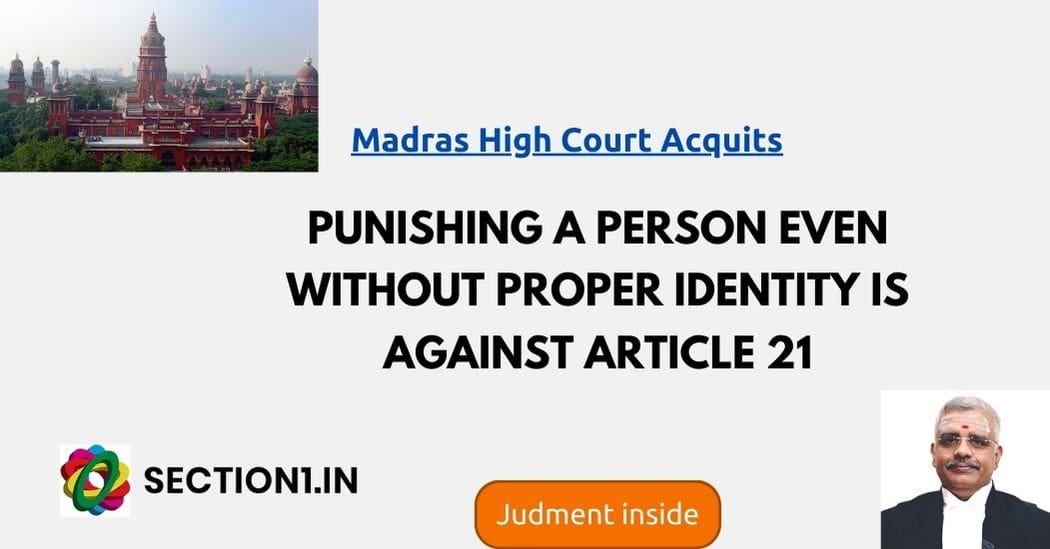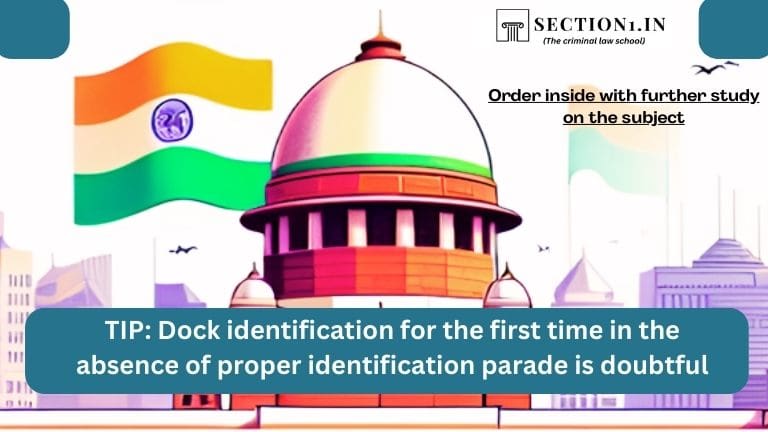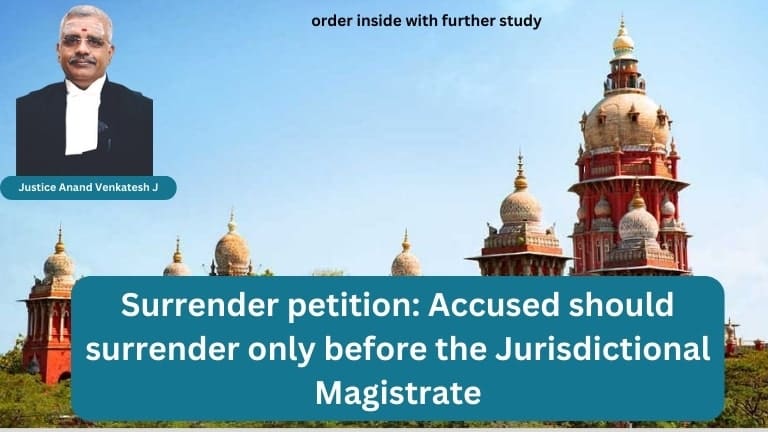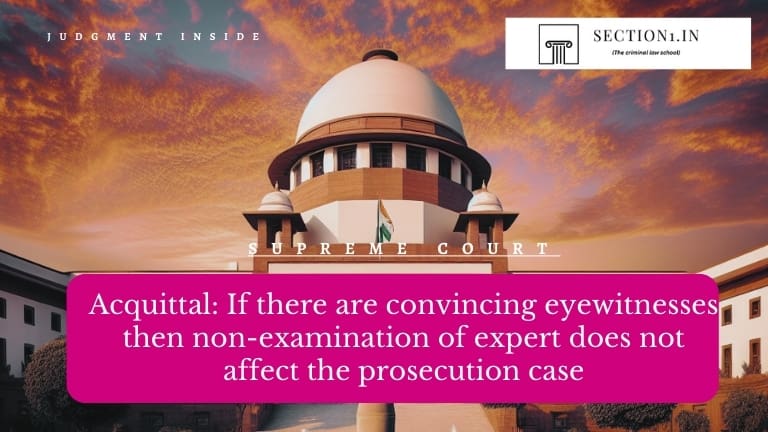MERE RECOVERY WILL ONLY BE ONE LINK IN THE CHAIN OF CIRCUMSTANCES
13. PW-11 is said to be a person who helped PW-10 to pledge the gold chain in the Co-operative Bank. PW-11 has deposed to the effect that PW-10 requested him to pledge the gold chain in the Co-operative Bank in which PW-11 was a member and accordingly, PW-11 pledged the gold chain and handed over a sum of Rs.50,000/- to PW-10. Thereafter, PW-10 repaid the sum of Rs.50,000/- and the pledged gold chain was redeemed and handed over to PW-10. This process took place after the police came into the scene pursuant to the complaint given by PW-1. The evidence of PW-11 will help the prosecution only with respect to identity of MO-1 and the gold chain having been pledged with the Co-operative Bank. The evidence of PW-12 [Secretary of the Bank] and PW-13 [Assistant Secretary of the Bank] also helps the prosecution for the very same purpose. The evidence of PW11 to PW-13 does not in any way help the prosecution in fixing the accused persons in this case. It must be borne in mind that a mere recovery cannot lead to conviction and sentence of accused persons unless they have been properly identified by witnesses. In other words, recovery will only be one link in the chain of circumstances and that by itself will not lead to conviction and sentence.
TWO WHEELER USED IN THE CRIME HAS NOT BEEN MARKED AS M.O
14. There is yet another important factor that has to be taken into consideration by this Court. The accused persons are said to have travelled in a two-wheeler and had come to the place of occurrence and after robbing the gold chain, had escaped in that two-wheeler. On the confession of the accused persons, the two-wheeler is said to have been recovered along with a knife. Curiously the two-wheeler has not even been marked as a material object in this case. Hence, there was no opportunity for any of the witnesses to identify at least the two-wheeler in which the accused persons are said to have come to the scene of occurrence and escaped from there.
ACCUSED WAS NEITHER IDENTIFIED DURING THE INVESTIGATION OR TRIAL
15. PW-15 is the investigation officer in this case. It is quite unfortunate that the investigation officer did not resort to Test Identification Parade in spite of the fact that the accused persons in this case are unknown to the victim. In his entire evidence, PW-15 does not say as to how he came to know that A1 to A3 had committed the crime. The investigation officer merely states that he heard that the accused persons were roaming around and thereafter, he arrested them and they were remanded to judicial custody. The investigation officer probably thought that mere recovery of the material object was enough to convict any person, who is shown as accused person before the Court. The accused persons were neither identified during the course of investigation nor they were identified by any of the witnesses in the Court.
PUNISHING A PERSON EVEN WITHOUT PROPER IDENTITY IS AGAINST ARTICLE 21
16. The trial Court had proceeded further in this case merely on the basis of recovery and insofar as the identity of the accused persons is concerned, the trial Court has rendered its findings on mere surmises and assumptions. There is no question of identifying an accused person on assumptions and it involves a very important right guaranteed to any person under Article 21 of the Constitution of India and punishing a person even without proper identity, will directly impinge upon the liberty that is guaranteed under Article 21 of the Constitution of India. In a case of this nature, the Court should not be swayed by mere emotions and the Court must necessarily ensure that the accused persons are properly identified. If such a procedure is not followed, anybody can be made as an accused person in a given case on mere recovery and in all probabilities, the person, who is shown as an accused will have nothing to do with the case. On many occasions, the police find it convenient to bring in some habitual criminal and show him as an accused in the case. Such line of investigation should never be encouraged and just because someone is a habitual criminal, that does not mean that he must be held responsible for every crime that takes place in the society. Such attitude will cause a dent in the criminal justice system and will make the officers ineffective when they investigate serious crimes.
Accused Acquitted.
PARTY: Vadivel S/o.Venkattan vs. State of Tamil Nadu represented by The Inspector of Police, A.Pallipatti Police Station – Dharmapuri District. Crime No.326 of 2013 – Crl Apl Nos: 668 of 2015 & 356 of 2016 – 31.03.2023.
https://www.mhc.tn.gov.in/judis/index.php/casestatus/viewpdf/1030528






